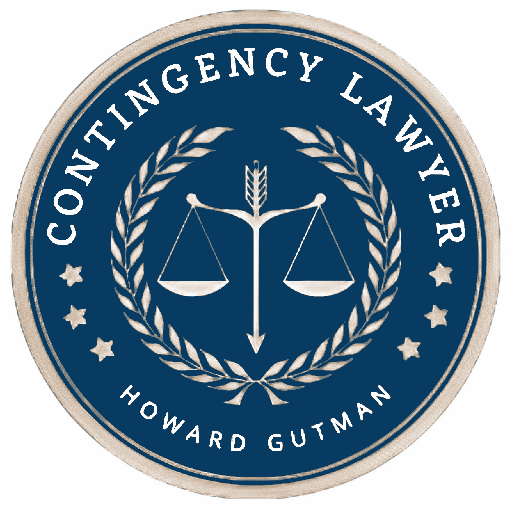The high cost of litigation is a common concern. For more on this topic, see Wiley’s “Alternatives to the High Cost of Litigation” (2012). While some individuals or businesses may not mind paying legal fees that match or exceed the amount recovered to uphold a principle, most seek a net recovery. Traditional legal fee agreements typically charge based on time spent, making the client responsible for unexpected costs, delays, contentious parties and their counsel, new factual or legal issues, lengthy discovery processes, and other factors. When a lawyer is paid regardless of the outcome, their willingness to take a case on an hourly basis says little about their assessment of its ultimate merits. In contrast, contingency representation requires the contingency fee lawyer to assume risks and conduct a careful initial assessment.
Before taking a case on a contingency fee basis, a must a lawyer complete extensive due diligence to evaluate the likelihood of success (as defined by the client). A business lawsuit can last three years or more, during which the lawyer will face many risks, including legal challenges such as dispositive motions, trial losses, or appeals, as well as client-related risks like the discovery of critical information or changes in client goals. Given these risks, it’s crucial for the lawyer to be realistic about potential outcomes and structure the fee accordingly. As Justice Corrigan noted, “Contingency fee percentages reflect an attorney’s expectations of the case and the risks involved” (Contingency Fees for Business Disputes, Michigan Bar Journal, November 2011).
Here are some guidelines to improve your chances of having a lawyer take your commercial case on a contingency basis:
1. Simple Explanation of the Case
A straightforward case is easier to litigate and explain to a jury or judge. Provide a clear and concise explanation of your claim, with additional details only if requested. Consider offering both a brief summary and a more detailed, documented explanation.
2. Evidence of the Claim
Provide the lawyer with supporting evidence for your claim. Claims based solely on the plaintiff’s testimony can be challenging to substantiate due to potential bias. Be prepared to explain how your claim is independently verified.
3. Explain Facts, Not Law
Understanding the law is the attorney’s job. Your task is to provide factual support for your claim. You generally do not need to inform the lawyer about other favorable cases or large verdicts, as media reports often highlight plaintiff wins or large settlements, which may not be representative. Lawyers seek clients who assist with the claim but maintain realistic expectations.
4. Show Damages
Clearly articulate how you have suffered financial losses, such as lost wages.
5. Expect Tough Questions
Be prepared for rigorous questioning about your case and potential defenses. Unlike hourly lawyers, contingency attorneys are paid only upon success, necessitating thorough scrutiny of the client’s version of events to ensure it withstands examination.
FREE INITIAL CONSULTATION
We offer a free initial telephone consultation to discuss your claim. Please feel free to call or email our office.
Website Keywords: Contingency Fee Lawyer, Lawyer on Contingency






Leave a Reply
You must be logged in to post a comment.